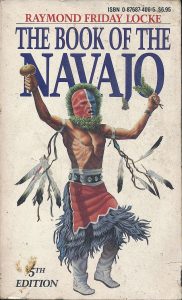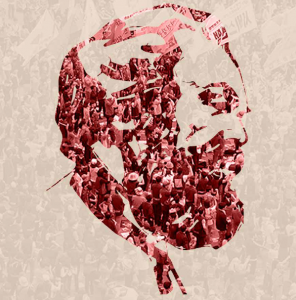People’s Alternative to ‘IPR’

“Toward a People’s Alternative to ‘Intellectual Property Rights’”, a paper by Pio Verzola Jr., was first presented as a lecture during a symposium on science and technology sponsored by Agham-Youth, on 23-24 September 1999, at the National Institute of Geological Sciences (NIGS) auditorium in UP Diliman, Quezon City. It was subsequently published serially in the IBON Perspectives magazine Vol. 1 (1999) Nos.18-20 (Sept. 27, Oct. 11, and Oct. 25).
This online version, which includes only minor sentence revisions and additions from the original, was reposted in 2001 among the documents of the UN World Summit on the Information Society (http://www.oalit.net/www.wsis-pct.org/IPR-alternative.html).
Table of Contents
INTRODUCTION
SOME BASIC ATTRIBUTES OF INFORMATION
- What is information?
- The biological and human-social bases of information
- Information as a constantly-growing product of intelligent (human, social) activity
- Information technology
- The materiality of information
- Is information inexhaustible and indestructible?
- The basic role of information in society
ECONOMIC CHARACTERISTICS OF INFORMATION GOODS
- Information embedded in all products
- What are information goods? How are they produced?
- Authorship and the actual production of information goods
- The difference between information goods and services
- Information goods and services are not necessarily commodities
- Should genetic information be classified as information goods?
INFORMATION TECHNOLOGY, PRODUCTION AND OWNERSHIP: OUTLINE OF BROAD HISTORICAL TRENDS
- Primitive stage
- Ancient and medieval periods
- Modern capitalist-industrial stage
- The impact of the 20th-century “information revolution”
TOWARDS A PEOPLE’S INFORMATION ALTERNATIVE
- Resist the present regressive and exploitative global IPR regime
- Replace regressive IPR with progressive intellectual production rights
- Public control over strategic information resources, support of legitimate private interests
- Towards a truly patriotic, popular, and progressive culture






